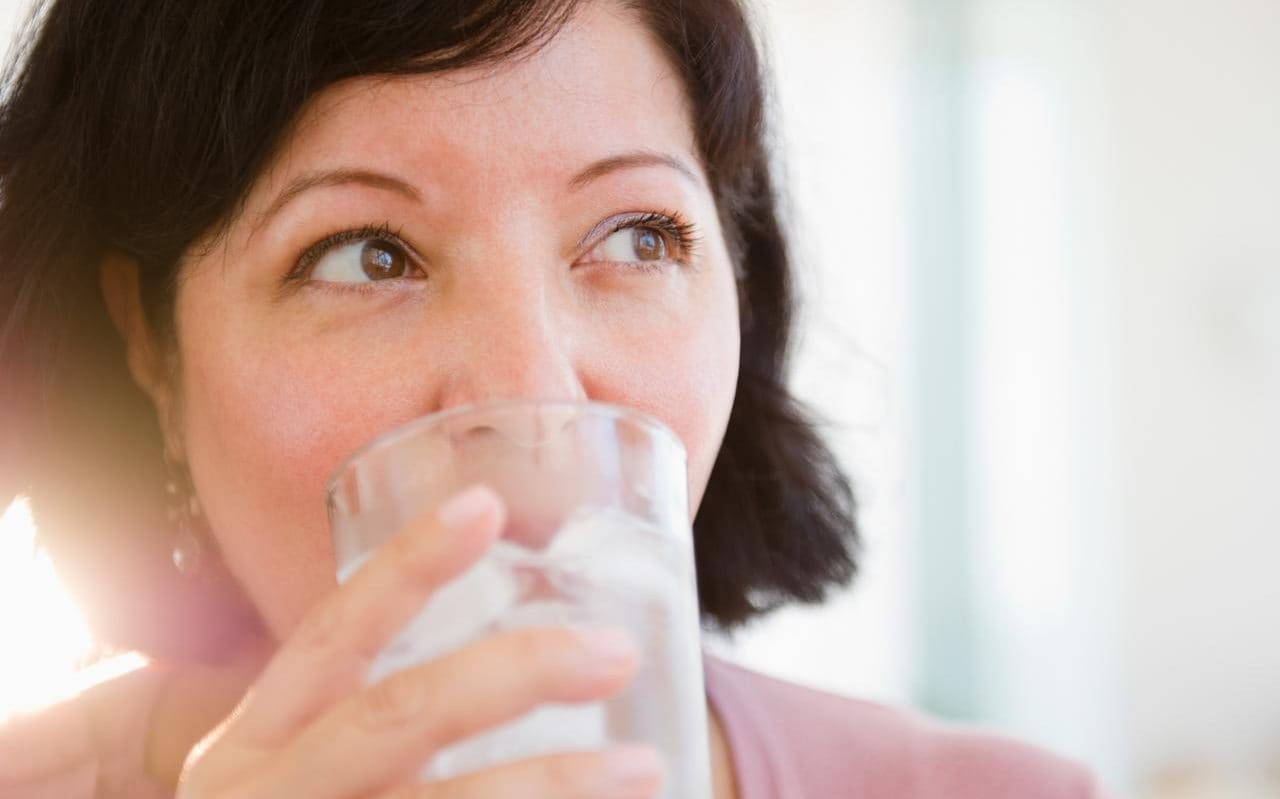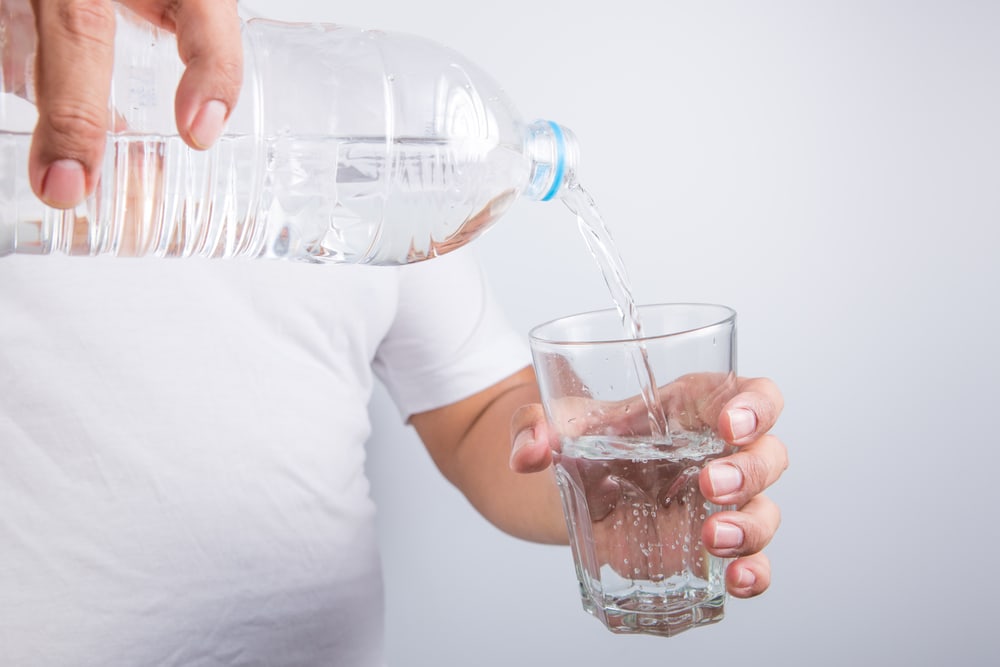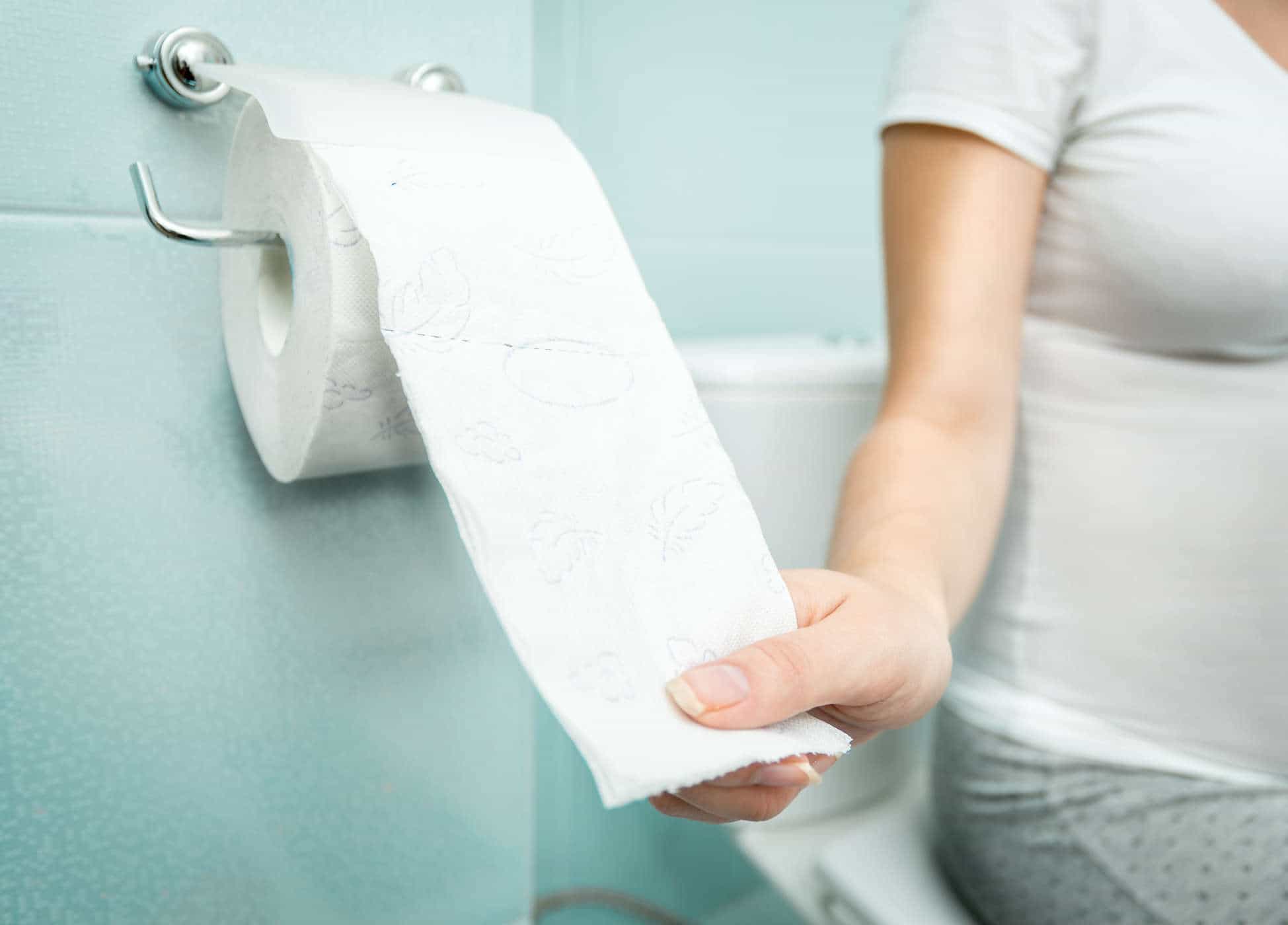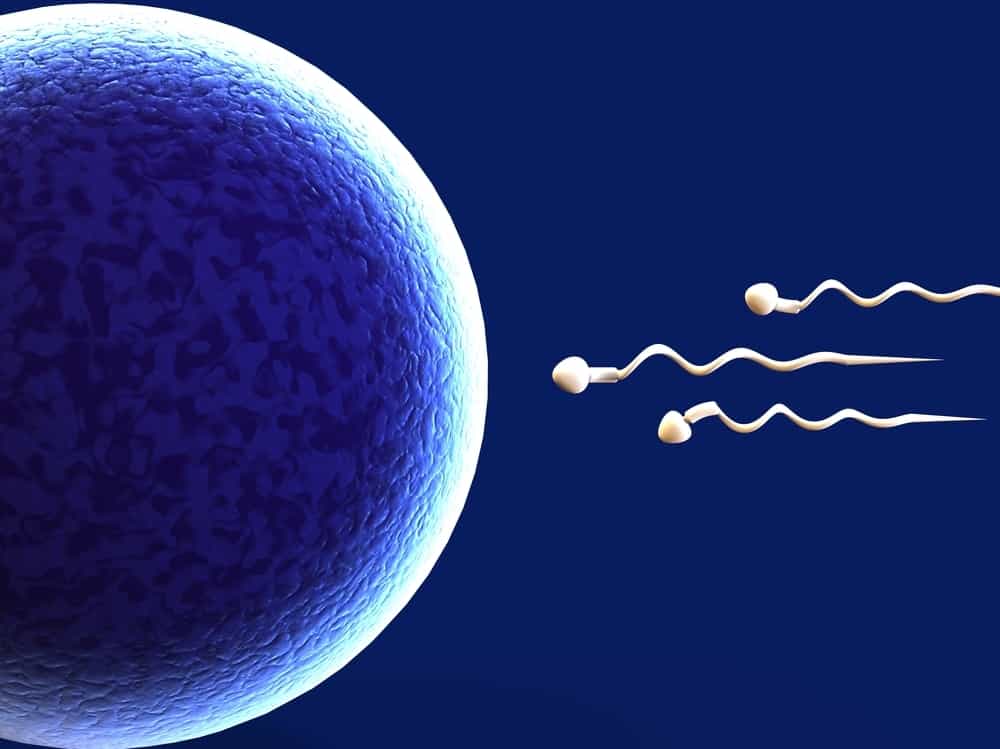Contents:
- Medical Video: Stages of Kidney Disease
- Kidneys and water in the body
- Water requirements for kidney patients
- How to maintain water intake for kidney patients?
Medical Video: Stages of Kidney Disease
In healthy people, consuming lots of water is good for kidney health. However, this is the opposite in kidney patients. These patients should not drink too much water. Why is that? How to regulate fluid intake for kidney patients? Consider the following review.
Kidneys and water in the body
Reporting from WebMD, the human body consists of 60 percent water. The water maintains body fluid balance. Water also plays a role in many processes such as digestion, absorption, circulation of nutrients, creation of saliva, and maintaining body temperature.
"Through the posterior pituitary gland (the gland that directs other organs to work), the brain sends a command to the kidney to process and divide the amount of water; to be stored as a reserve or released into urine, "said Steven Guest, one of the professors at Stanford University.
Water released into urine transports waste products that are in the body. The availability of water in the body helps the kidneys work to cleanse toxins in the body. When the body lacks water, kidney function will be disrupted and increase the risk of diseases or disorders in the kidneys.
Water requirements for kidney patients
In healthy people, increasing drinking water is good for health. However, this does not apply to patients with chronic kidney disease. They must maintain water intake in their body. Because the patient's kidney condition does not function normally, if it receives a lot of kidney water it is forced to work harder to regulate the water needs in the body. Water that is not released into urine will then accumulate in the body.
In the case of kidney failure, water accumulation often occurs and results in edema (swelling), changes in blood pressure control, and reduced body's ability to produce red blood cells. Therefore, many patients with kidney failure experience complications such as high blood pressure, diabetes, heart disease and blockage of urine. For that doctors usually limit water intake according to the patient's body condition so as not to worsen the kidney condition.
To find out how much water is consumed, patients will undergo dialysis, which is to measure how much the kidneys are capable of filtering water and removing it into urine. In addition, your doctor will measure your weight.
Reported from Live Strong, the water intake of each kidney patient is different based on the condition. For example, if kidney function is very limited, the doctor will recommend 1.2 liters per day. It must also be adjusted first with fruit or vegetables that can be consumed. Because water intake not only comes from drinking water, but also from fruits and vegetables that contain lots of water.
How to maintain water intake for kidney patients?
Patients need to get recommended water intake according to their condition. Water can be placed in a container the size of which is recommended by the doctor. Then, water is poured from the container into the glass for each drink. So, what needs to be considered is the amount of water per day. From the size of the water container, the patient can estimate how much water can be drunk at one time drinking water.
In addition to water intake, kidney patients also need to limit the use of salt. Because too much salt can make patients feel thirsty faster and also bloated. The discharge of urine that is less than usual can also be caused by high levels of salt consumed.













